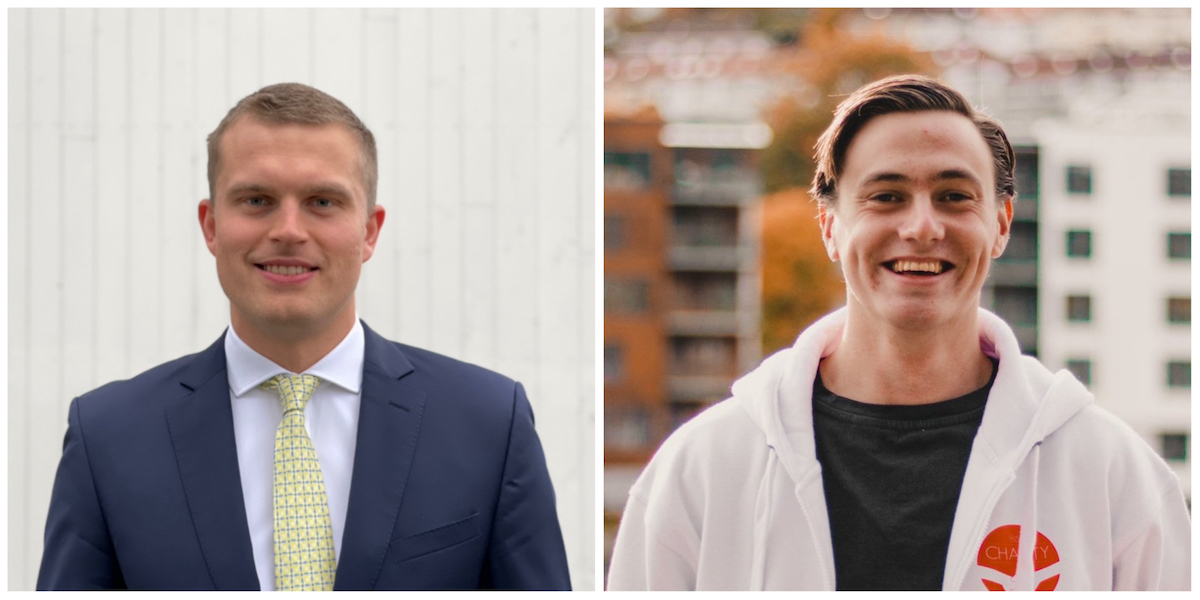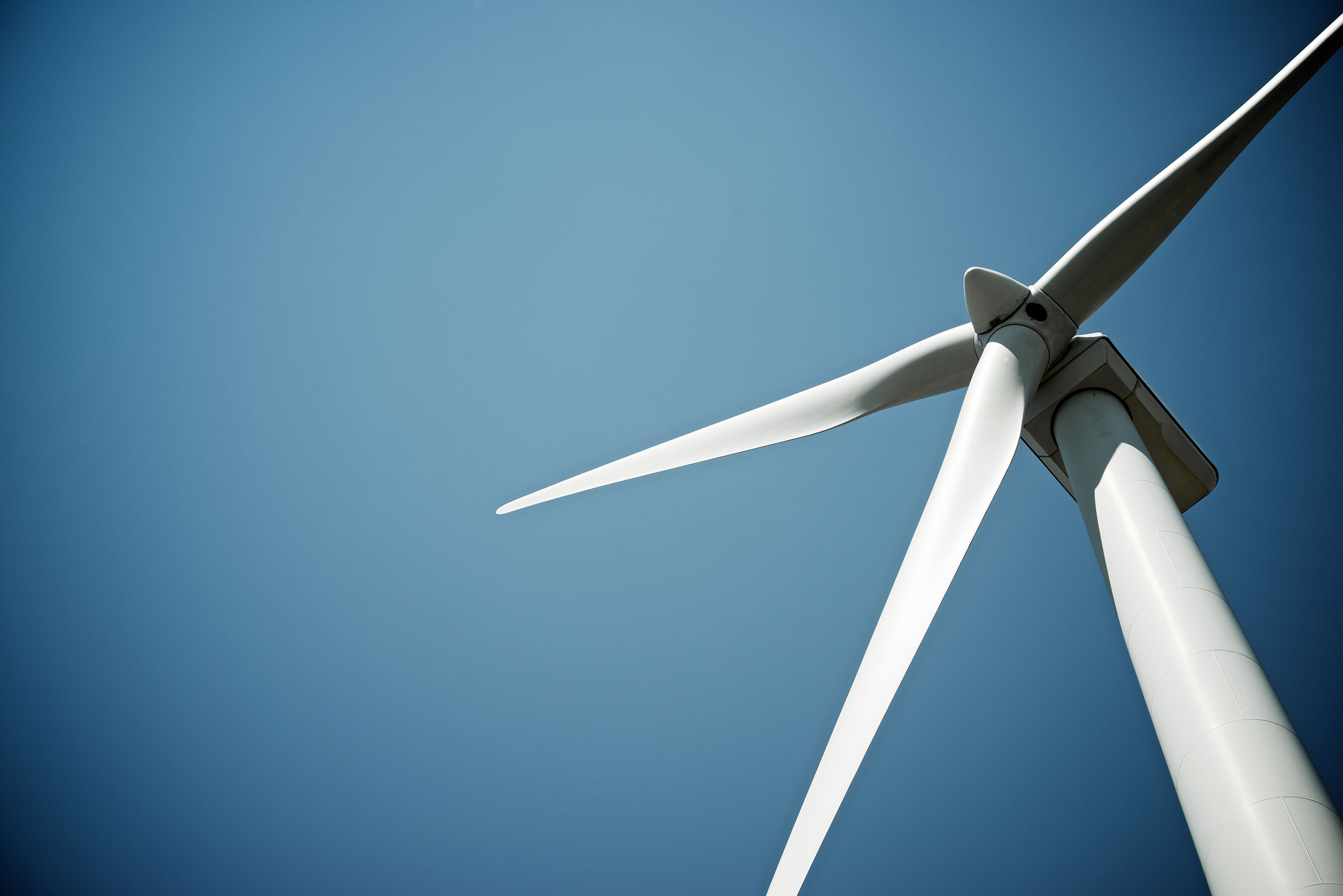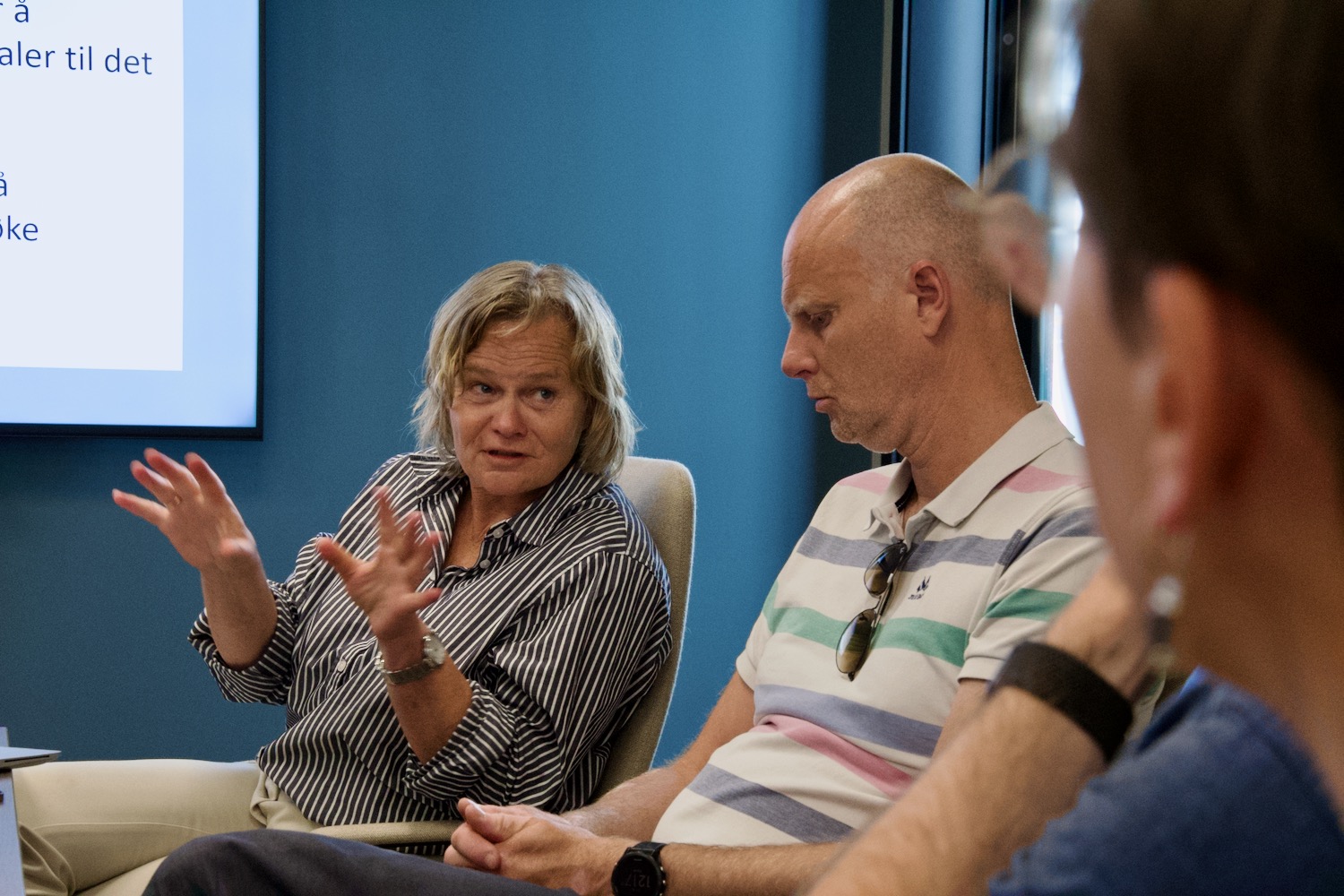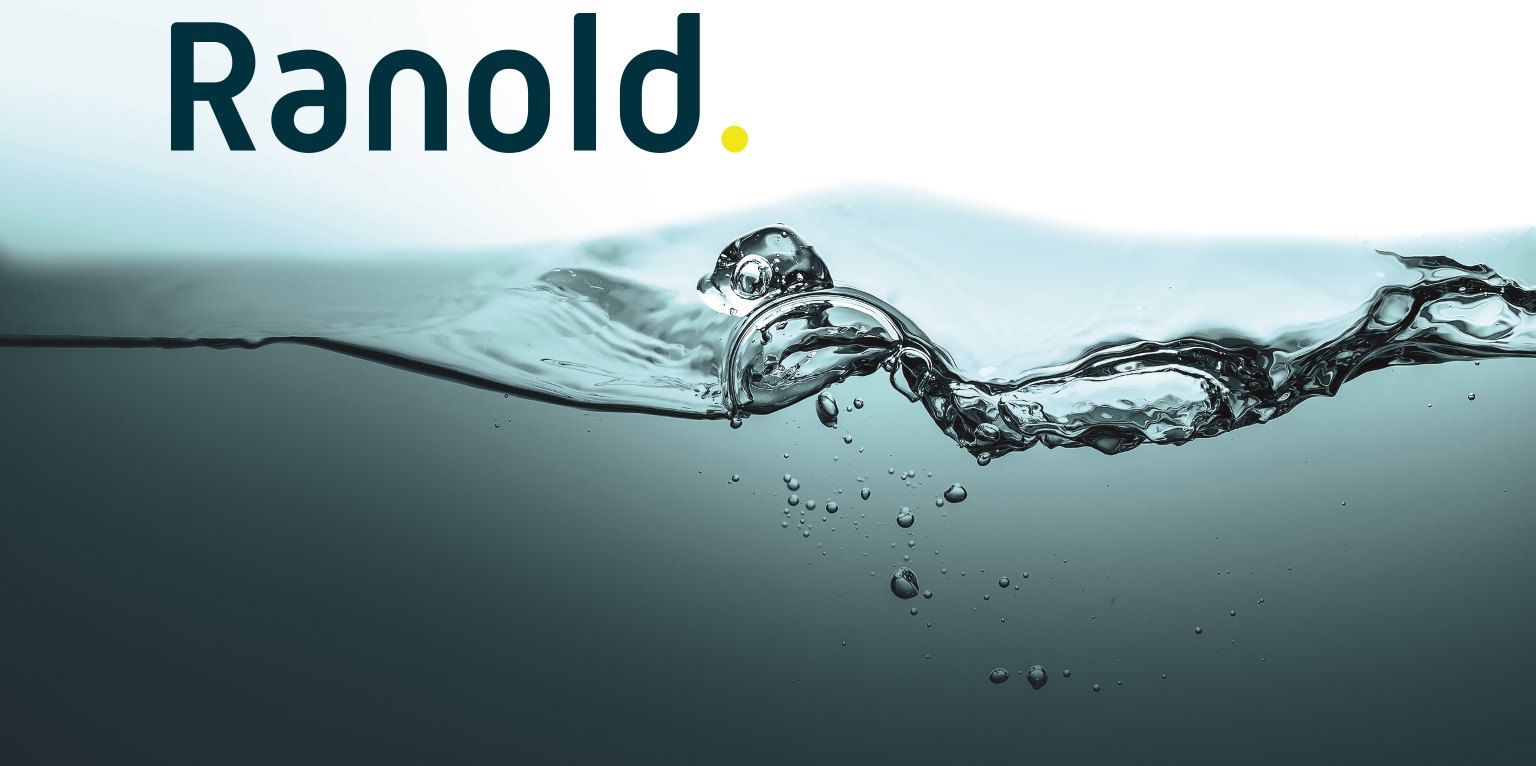Eirik Köpp is a student at the Department of Economics at the University of Agder. For his master’s thesis, the 26-year-old studied how the EU taxonomy affects companies in the oil and gas industry. The taxonomy is designed to install a common understanding of which investments are sustainable based on a set of environmental objectives.
“I chose this topic because I wanted to get a better overview of EU regulations related to the classification of sustainability, and how the Norwegian industry and financial sector relate to it. GCE NODE provided an exciting network for input,” says Köpp.
In his research, Köpp focused on an undisclosed company in the GCE NODE cluster. The company had a positive approach to the taxonomy but also had concerns about the impact on their ongoing business.
“The company believes that the taxonomy will be crucial for competitiveness, for financing, and for customer and supplier retention. The company has initiated mapping of how the taxonomy can be implemented in an approach to sustainability and strategic thinking,” says Köpp.
In his examination of the financial sector´s attitude to the EU taxonomy, Köpp found skepticism. Several companies felt that the requirements were too strict and believed that other criteria were more likely to impact investment decisions.
POLICY FOR CHANGE
Even Andreas Lie is a master’s student at the Faculty of Social Sciences at the University of Agder. In his master’s thesis, the 25-year-old addresses political decisions and instruments that affect the ability and willingness of oil and gas suppliers to invest in new and more sustainable markets. Lie also investigated how GCE NODE relates to and influences policy and framework conditions.
“I chose this topic because I wanted to get acquainted with Agder’s business sector and green transition challenges. I was curious of how the GCE NODE companies relate to decision-making processes and policies in this area,” says Lie.
When working on his thesis, Lie was assisted by Isabelle-Louise Aabel, Project Manager at GCE NODE.
“Aabel helped me get an overview of the political instruments introduced by authorities at several levels; in the EU, nationally and regionally. She also gave me important input for understanding the position of the NODE cluster in the Agder region and the role of its participating companies in the green transition,” says Lie.
Today, a set of agreements and rules are put in place that encourage the oil and gas industry to enter sustainable markets; the so-called blue economy. The transfer of competence and technology to a sustainable blue economy is both an important climate measure and an important new source of income for Norway.
“Both the EU and the Norwegian government have put in place guidelines for the restructuring of the oil and gas industry in the direction of new markets. GCE NODE follows the decision-making processes closely at all levels, and is an important link between companies and decision-makers,” says Lie.



